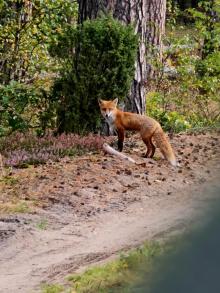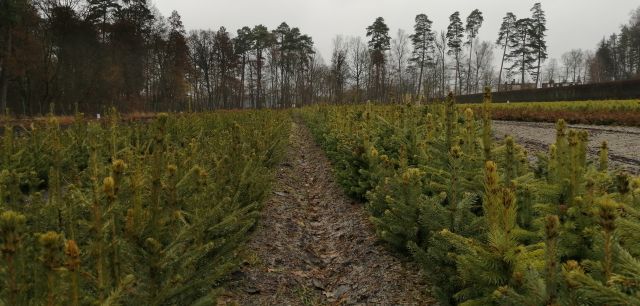 Asset Publisher
Asset Publisher
The State Forests National Forest Holding
The State Forests National Forest Holding is the largest organisation in the European Union managing forests, which belong to the State Treasury and celebrating its 90 anniversary this year.
Presently, we manage the area of one third of Poland's territory. Not long after the end of the Second World War, there was only 21 % of the area. Every year we plant 500 million of new trees, as we want Polish forests grow all the time.
Every year Polish foresters plant 500 million of trees.
85 % of nature reserves in Poland are located within the State Forests. 40 % of the forests managed by General Directorate of the State Forests are protected within the framework of European network Natura 2000. We fight against many threats: natural disasters, plaques of insects, trees' diseases, fires, pollutions, as well as poaching and vandalism.
We take care the forestry supplying the market with timber, as ecological and universal material, to be carried on in accordance with rules of balanced development (photography P.Fabjański).
One of our major tasks is making forests accessible to the society. We invite you to take advantage of these beautifully located within the forest wilderness holiday resorts, forester's lodges or guest rooms. That is for you, we create thousand kilometres of hiking trails, cycling paths or camping sites. All the above mentioned, you can find in service www.czaswlas.pl.
We also take care the forestry supplying the market with timber, as ecological and universal material, to be carried on in accordance with rules of balanced development. We obtain over 30 million of cubic meters of wood annually, twice as much as at the beginning of the nineties of the XX century.
Despite of this, the average of wood abundance per hectare of our forests is one fourth bigger than 20 years ago and 40% bigger than the average of European Union currently amounts.
In Poland in sectors connected with the forestry, there work about 375 thousand of people. It means that each 40 working Pole works in the forest.
In Poland in sectors connected with the forestry, there work about 375 thousand of people. It means that each 40 working Pole works in the forest. The sector of wood processing works out approximately 8 % of our GDP (Gross Domestic Product). Among others, thanks to the timber from the State Forests Poland is the 10 largest producer of furniture in the world, and the 4 largest furniture exporter.
The State Forests employ 25 thousand people. That way we are the 9 biggest employer in Poland. Among the largest companies in our country it takes 22 place in respect of its incomes and 11 place in respect of its profits. The value of assets, we manage, reaches 300 million zl. If we add social values, it will be worth one billion zlotych. We do not use money from the budget, but we earn money on our own to support the business. In spite of the financial crisis, since 2002, we continuously note down profits. Moreover, we pay taxes amounting 1,3 billion zl annually.
87 % of Poles think, the foresters are competent. We willingly share our knowledge of Polish forests, of their history and of nature values with the others. We publish books, periodicals, brochures; we also administer the website www.lasy.gov.pl . For children, the youth and teachers, we prepared internet service "E-lynx' Lynx Forest" (www.erys.pl). Our staff has supported schools in field of nature education for years. We also organise many actions to let people broaden their knowledge about forest, nature and ecology.
 Asset Publisher
Asset Publisher
Na ratunek pszczołom
Na ratunek pszczołom
20 maja obchodzimy Światowy Dzień Pszczół, ustanowiony przez ONZ z inicjatywy Słowenii. Celem jest podkreślenie znaczenia pszczół dla pozyskiwania żywności i zwrócenie uwagi na zagrożenia dla tych owadów.
W Polsce występuje blisko 470 gatunków pszczół. W ostatnich latach coraz bardziej zwracamy uwagę na zagrożenia, które powodują ginięcie owadów zapylających. Głównym zagrożeniem dla pszczół jest utrata siedlisk - bazy pokarmowej i lęgowej, następująca w wyniku zmian w użytkowaniu terenu.
W Dzień Ziemi - 22 kwietnia br. leśnicy nadleśnictwa Osie założyli łąkę kwietną dla pszczół. Łąka ma powierzchnię 50 m2, zasiano na niej między innymi: maki, chabry, stokrotki, rumianek, lawendę, wrzosy, dalie, astry i wiele wiele innych gatunków kwiatów przyjaznych pszczołom. W ten sposób tworzy się wspomnianą wcześniej zanikającą bazę pokarmową i lęgową pszczół.
Szacuje się, że w Polsce praca pszczół jest warta ponad 4 mld zł rocznie, przy czym pozyskiwanie miodu to tylko część działalności tych owadów, zapylających krzewy i drzewa, m.in. owocowe.
Dlaczego są one tak ważne?
Pszczoły i inne owady zapylające odgrywają kluczową rolę w naszym ekosystemie. Co trzecia łyżka jedzenia, które spożywamy, zależy od procesu zapylania. W samej Europie od zapylania przez owady uzależnione jest ponad 4000 odmian warzyw. Gdyby owady zapylające zniknęły, dla świata oznaczałoby to katastrofę nie tylko ekologiczną – załamałaby się produkcja żywności.
Jak pomagać pszczołom?
- Sadzić kwiaty przyjazne pszczołom. Ukwiecać nieużytki. Rośliny dające pszczołom pyłek i nektar kwitną od wczesnej wiosny aż do jesieni, obfitują w różne formy, kształty, kolory i odmiany – wybór jest ogromny!
- Unikać wysiewu roślin inwazyjnych.
- Projektując sadzenie roślin, zadbać o to, by kwitły od wczesnej wiosny do późnej jesieni, czyli w terminie, w którym pszczoły potrzebują pokarmu.
- Nie wypalać traw, łąk ani suchych części roślin. Płomienie niszczą gniazda i lęgi pszczół i innych gatunków zwierząt, mogą być też zagrożeniem dla ludzi.
- Stosować naturalne nawozy i środki ochrony roślin.
- Budować schronienia dla pszczół.
- Zapewnić pszczołom poidełko, wystarczy zwykły płytki pojemnik z wodą.
Te proste, a jakże skuteczne działania mają wielki wpływ na dalsze życie pszczół. Nie bądźmy obojętni, pomagajmy !


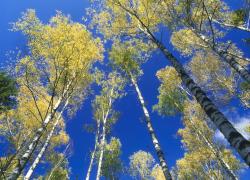 fot. Paweł Fabijański
fot. Paweł Fabijański
 fot. Paweł Fabijański
fot. Paweł Fabijański
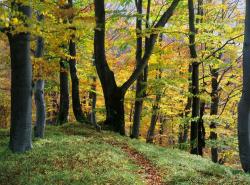 fot. Paweł Fabijański
fot. Paweł Fabijański
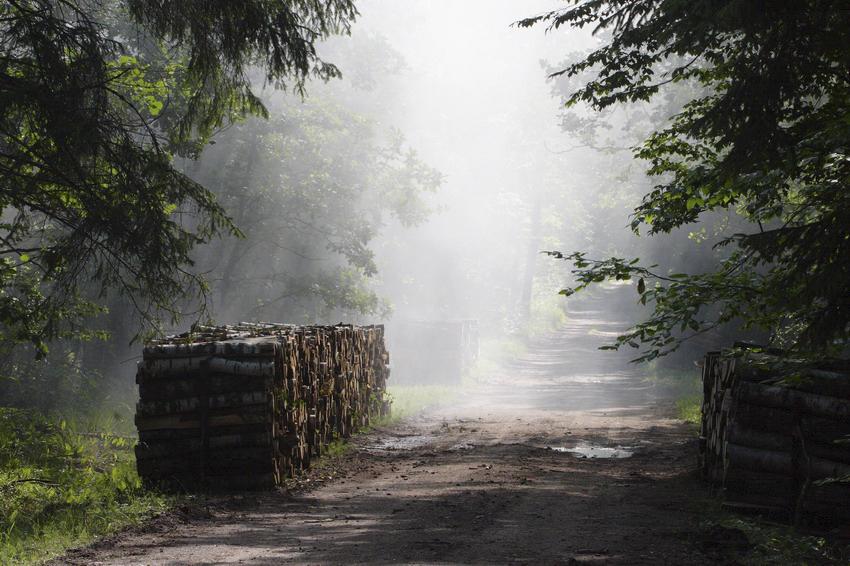

 Łąka kwietna
Łąka kwietna
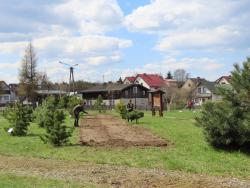 Łąka kwietna
Łąka kwietna
 Łąka kwietna
Łąka kwietna
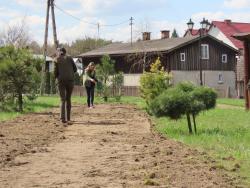 Łąka kwietna
Łąka kwietna
 Łąka kwietna
Łąka kwietna
